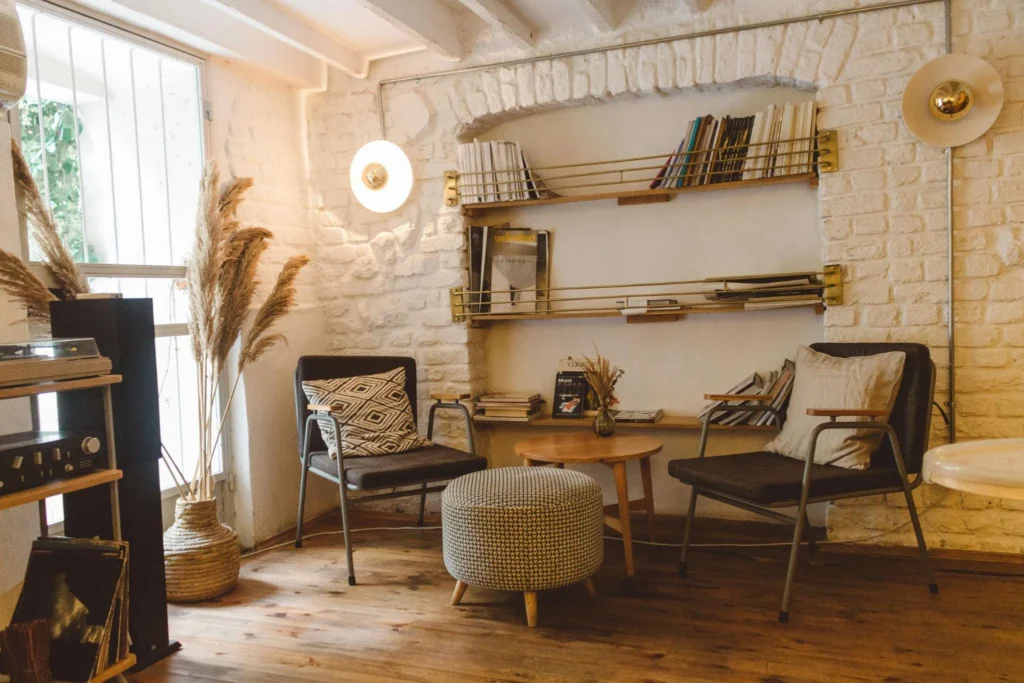Cold weather can be tough on homes, and if you’re not prepared, winter can bring costly repairs and unexpected headaches. If you live in Winchester, VA, you already know how quickly temperatures can drop, leading to frozen pipes, HVAC failures, and high energy bills. The good news is that a little preparation can help you avoid many of these problems.
Taking steps before the season changes will keep your home warm, energy-efficient, and protected against the elements. Whether it’s your heating system, plumbing, or insulation, handling maintenance early can make all the difference. Here’s what you should focus on to get your home winter-ready.
1. Check Your Heating System
When temperatures drop, your heating system works harder than usual. If it hasn’t been serviced in a while, it could struggle to keep your home warm—or worse, break down when you need it the most. That’s why it’s important to schedule a professional inspection before winter hits.
During an inspection, a technician will check for worn-out parts, test efficiency, and make any necessary adjustments. If your system isn’t performing well, repairs should be handled sooner rather than later. Heat pump repair in Winchester, VA, is especially important for homeowners relying on this system, as issues like refrigerant leaks or faulty sensors can cause uneven heating or energy waste.
You should also take a few simple steps on your own. Change your air filters, check thermostat settings, and make sure vents aren’t blocked by furniture or curtains. If you use an outdoor unit, clear any debris that may have built up around it. Proper maintenance helps extend the life of your system and ensures it runs efficiently throughout winter.
2. Prevent Frozen Pipes
When temperatures drop, the water inside pipes can freeze and expand, increasing the risk of bursting. This can result in significant water damage and costly repairs. Luckily, there are simple steps you can take to prevent this from happening.
Begin by adding insulation to exposed pipes, particularly those in unheated spaces such as basements, garages, and crawl spaces. Insulating pipes is a cost-effective and simple way to help regulate their temperature and lower the chances of freezing.
Another trick is to let faucets drip slightly on extremely cold nights. This keeps water moving, preventing pressure buildup inside the pipes. If you have outdoor faucets, disconnect hoses and turn off exterior water valves to prevent ice from forming in the lines.
3. Seal Drafts and Insulate
If your home feels chilly even with the heat on, drafts might be the problem. Gaps around doors and windows allow warm air to escape, making your heating system work harder.
Weather stripping and caulking are simple fixes that seal these openings. Check around window frames and doorways for gaps, and apply sealant where needed. If you feel cold air coming in under doors, install a door sweep to block it.
Attic insulation is another key factor in keeping heat inside your home. Since warm air rises, a poorly insulated attic lets heat escape, forcing your heating system to work overtime.
4. Clean Gutters and Check the Roof
Your roof and gutters play a major role in preventing winter damage. Clogged gutters can cause water to back up and freeze, leading to ice dams. These blockages can force water under your roof shingles, causing leaks and structural issues.
Before winter, clear leaves, dirt, and other debris from your gutters. Check for any sagging sections or areas where water isn’t draining properly. If necessary, install gutter guards to reduce buildup.
While checking the gutters, take a moment to inspect the roof. Look for damaged or missing shingles that could let in water during a snowstorm. If you spot any issues, consider hiring a professional roofer to make repairs before winter arrives.
5. Test Smoke and Carbon Monoxide Detectors
Winter brings an increased risk of house fires and carbon monoxide poisoning due to the use of heating systems, fireplaces, and space heaters. It’s important to make sure your safety devices are in working order.
Test all smoke and carbon monoxide detectors in your home. Replace the batteries if they’re weak, and install additional detectors if needed—especially near bedrooms and common areas.
If you have a fireplace, schedule a chimney cleaning before using it. Creosote buildup inside the chimney can cause dangerous fires. A professional cleaning ensures proper ventilation and reduces fire risks.
6. Prepare for Power Outages
Winter storms can knock out power, leaving you without heat, lighting, or refrigeration. A little preparation can make outages easier to handle.
Stock up on essentials like flashlights, batteries, blankets, and non-perishable food. Keep extra bottled water on hand in case pipes freeze or your water supply is disrupted.
If you have a generator, check that it’s working properly before winter storms hit. Make sure you have enough fuel and store it safely. Also, remember to operate generators outside to avoid carbon monoxide buildup.
To prevent pipes from freezing during an outage, open cabinet doors under sinks to let warm air circulate. If you’re expecting an extended power loss, consider staying with family or friends who have heat.
7. Inspect Outdoor Spaces and Equipment
Winter weather can be harsh on your outdoor spaces, so it’s a good idea to prepare them before the cold sets in.
Start by trimming any tree branches hanging over your house, driveway, or power lines. Heavy snow and ice can cause branches to break, which could lead to roof damage or downed power lines.
Store outdoor furniture, grills, and gardening tools in a shed or garage to protect them from snow and ice. If storage isn’t an option, cover them with waterproof tarps to prevent weather damage.
Finally, make sure you have everything you need for snow removal. Check that your snow shovel and ice melt are easily accessible. If you have a snowblower, test it and make sure it’s ready for use when needed.
Winter can bring challenges, but with a little preparation, you can avoid many common problems. Checking your heating system, sealing drafts, and protecting pipes will keep your home warm and efficient. Taking care of outdoor maintenance, testing safety devices, and preparing for potential power outages will also help ensure a smooth season.
If you notice any issues with your heating system or plumbing, don’t wait until the coldest days to address them. Handling small problems early can prevent major repairs later. A well-prepared home makes winter much easier to manage, keeping you comfortable and stress-free when temperatures drop.







